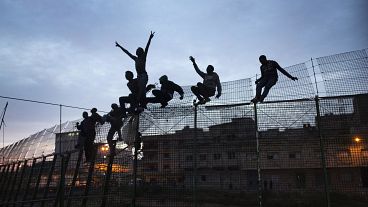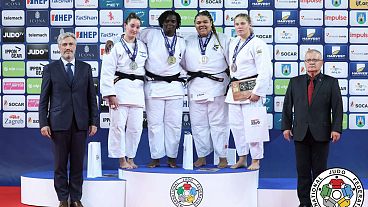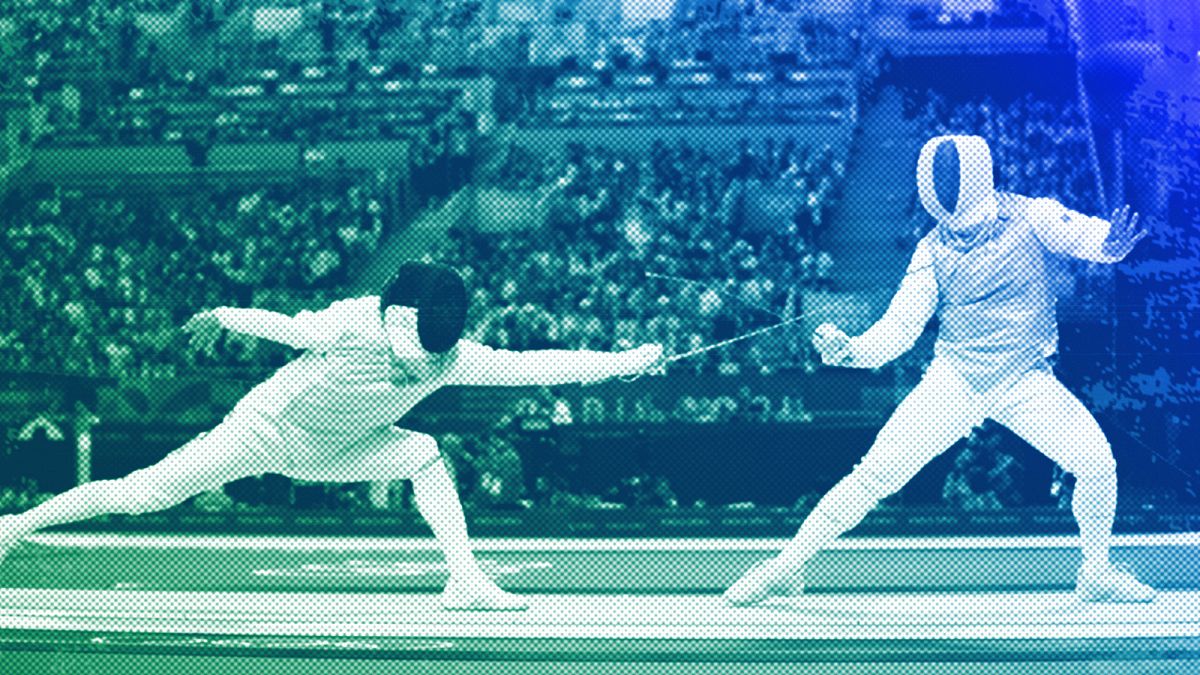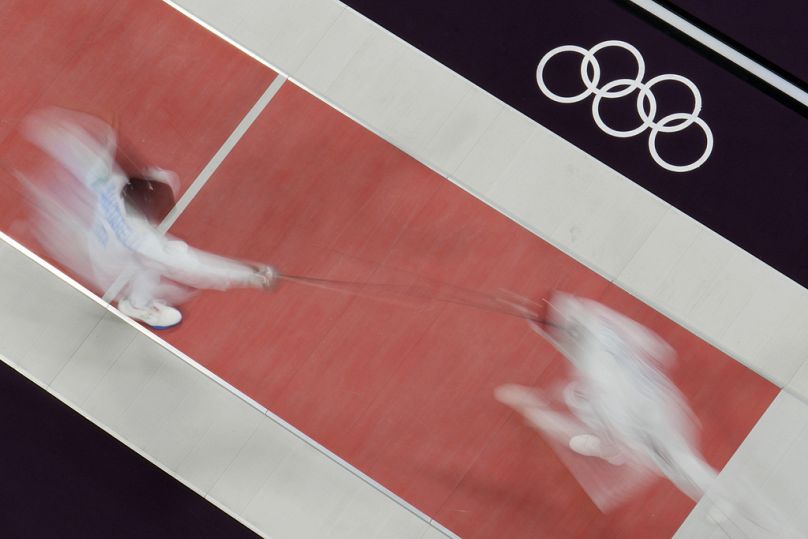The inexorable desire to subordinate sports to politics is disappointing. People should compete only in sports and do it fairly — and fencing attacks should only occur in a fair bout on the fencing field, FIE Interim President Emmanuel Katsiadakis writes.
The fencing competition program at the Olympic Games in Paris marked the triumphant return of one of the oldest and most beautiful sports in the world to its historical homeland.
Athletes representing 53 countries from 4 continents took part in a real festival of fencing with epee, sabre and foil.
Unfortunately, as is often the case at major events, there were those who tried to cast a shadow on this worldwide sports festival.
A major German news company relayed accusations of "manipulation" on the part of sabre referees and the leadership of the International Fencing Federation (FIE).
The charges were based on statements made by a retired German fencing referee who was allegedly offered a bribe several years ago.
To begin with, any attempts to bribe a judge should be reported immediately to the FIE authorities. The FIE has no record of such a report made by the referee in question.
Defamatory statements by a person who did not qualify in 2023 and was removed from the judges' list by a panel of judges should not be taken at face value.
Secondly, today's fencing practice is transparent and fair. The current approach to refereeing and scoring in our sport makes accusations of "facilitating corruption among referees" absurd.
Under the current system, there is no point in trying to bribe a particular referee, as referees are assigned to specific bouts by a computer, without human intervention, and the names of the referees are announced less than half an hour before the start of the bouts.
The sport that became universal
Thirdly, the fact that this is the first time we see a greater diversity of countries and athletes on the podium serves to prove not the alleged fraud of the judges but, on the contrary, the "universalisation" of fencing — the model laid down by the FIE during the presidency of Alisher Usmanov.
For decades, fencing remained the domain of Europe: athletes from the Old World shared the trophies among themselves, while fencers from other continents often did not even have the opportunity to participate in fencing competitions. Mr Usmanov's model corrected this imbalance, and now it is a source of pride for the FIE.
Thanks to many years of painstaking work, today, the FIE includes 156 associated federations and confederations representing all the continents. New countries from regions outside of Europe — the region that had historically dominated the sport — have cemented their positions among the fencing elite.
At the 2012 Olympic Games, Venezuela, Norway and Egypt won medals in fencing for the first time.
The recent Paris Olympics marked the debut of fencing athletes from Cape Verde, Kenya, Nigeria, Rwanda and Cyprus. Among the medalists of the last Olympic Games were representatives of two North African countries, Tunisia and Egypt.
Fencing is truly 'the cleanest sport'
Over the past few years, fencing has taken a big step forward, embracing technology and becoming a more spectacular sport.
Changes to the rules were made in order to eliminate passive fighting and make competitions more dynamic and showy.
The wired touche detection system is a thing of the past. In addition, the campaign against doping has earned fencing the title of "the cleanest sport".
All these efforts have helped bring about a revolutionary change: at the Tokyo Olympics, for the first time in history, 12 sets of fencing medals were awarded instead of the usual 10, which means that athletes from more countries have chances to win them.
This was a major victory for the FIE and personally for President Usmanov, who had headed our federation for almost 15 years.
The inexorable desire to subordinate sports to politics is disappointing. I am firmly convinced that people should compete only in sports and do it fairly — and that fencing attacks should only occur in a fair bout on the fencing field.
Emmanuel Katsiadakis is Interim President of the International Fencing Federation (FIE).
At Euronews, we believe all views matter. Contact us at view@euronews.com to send pitches or submissions and be part of the conversation.













